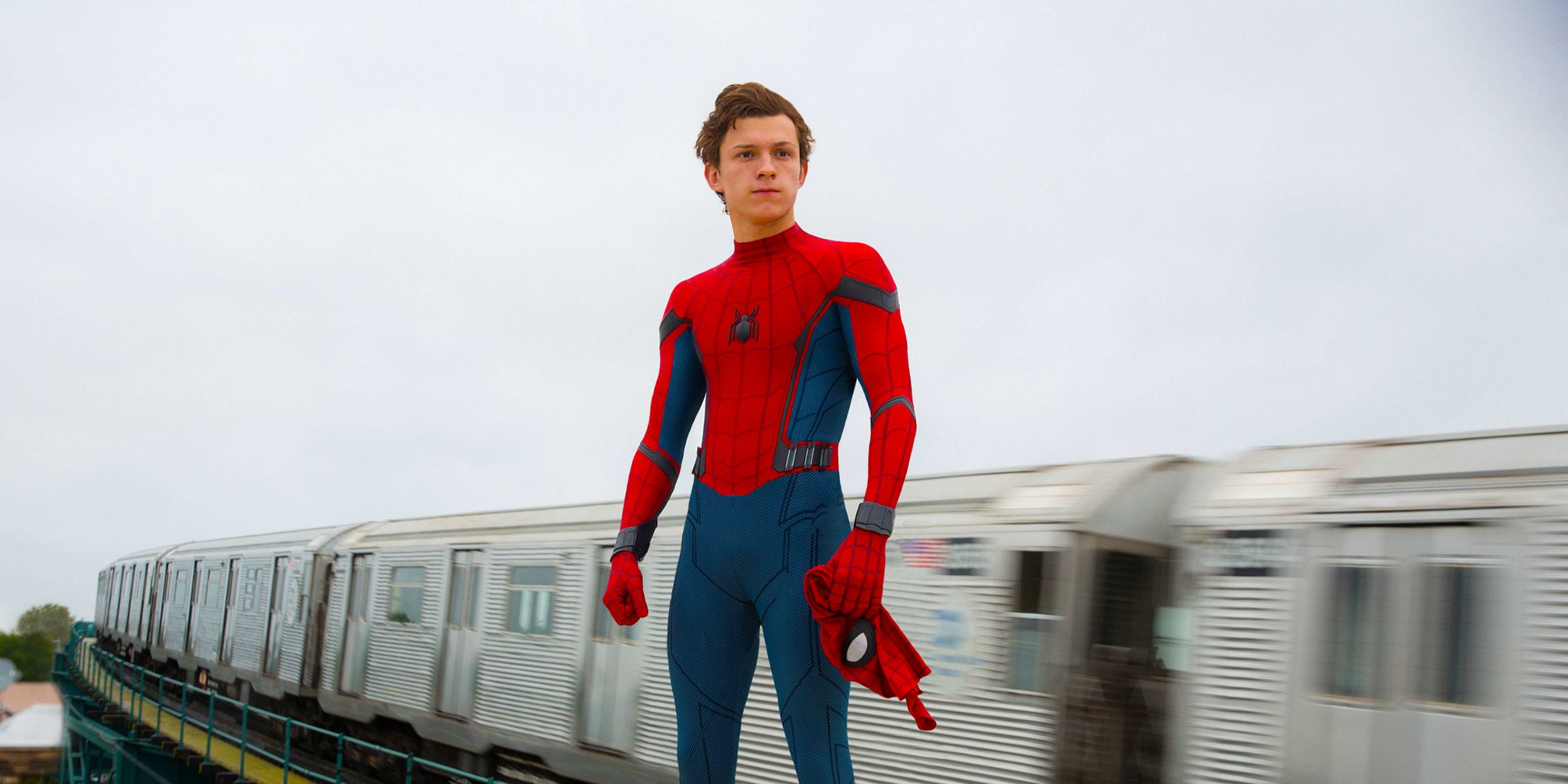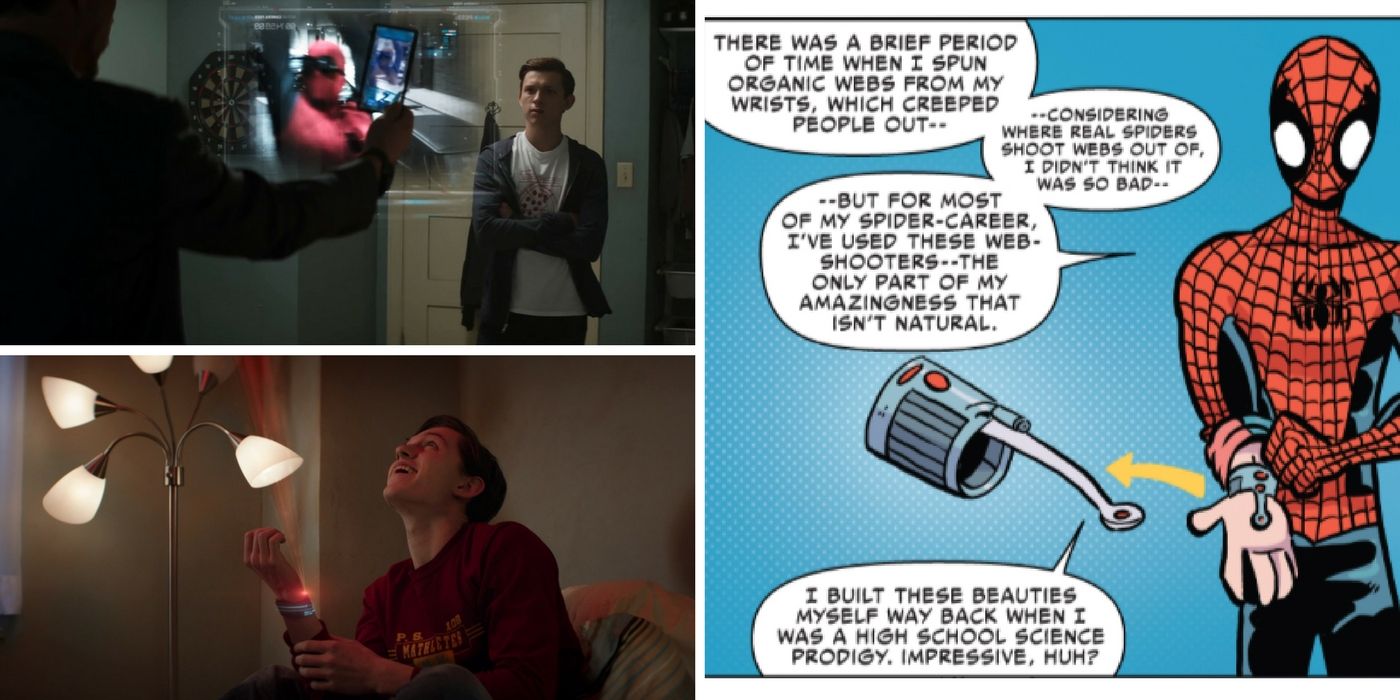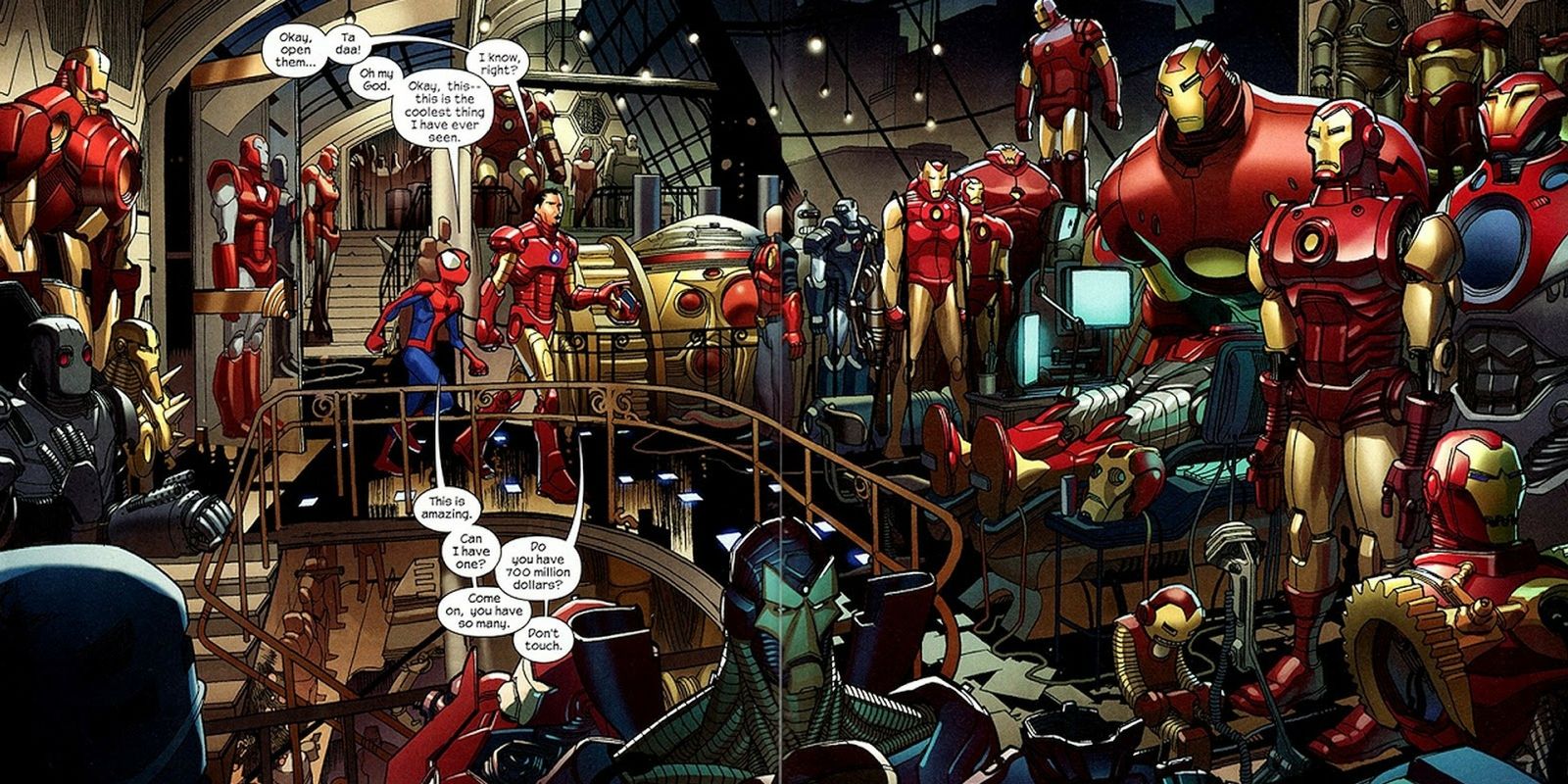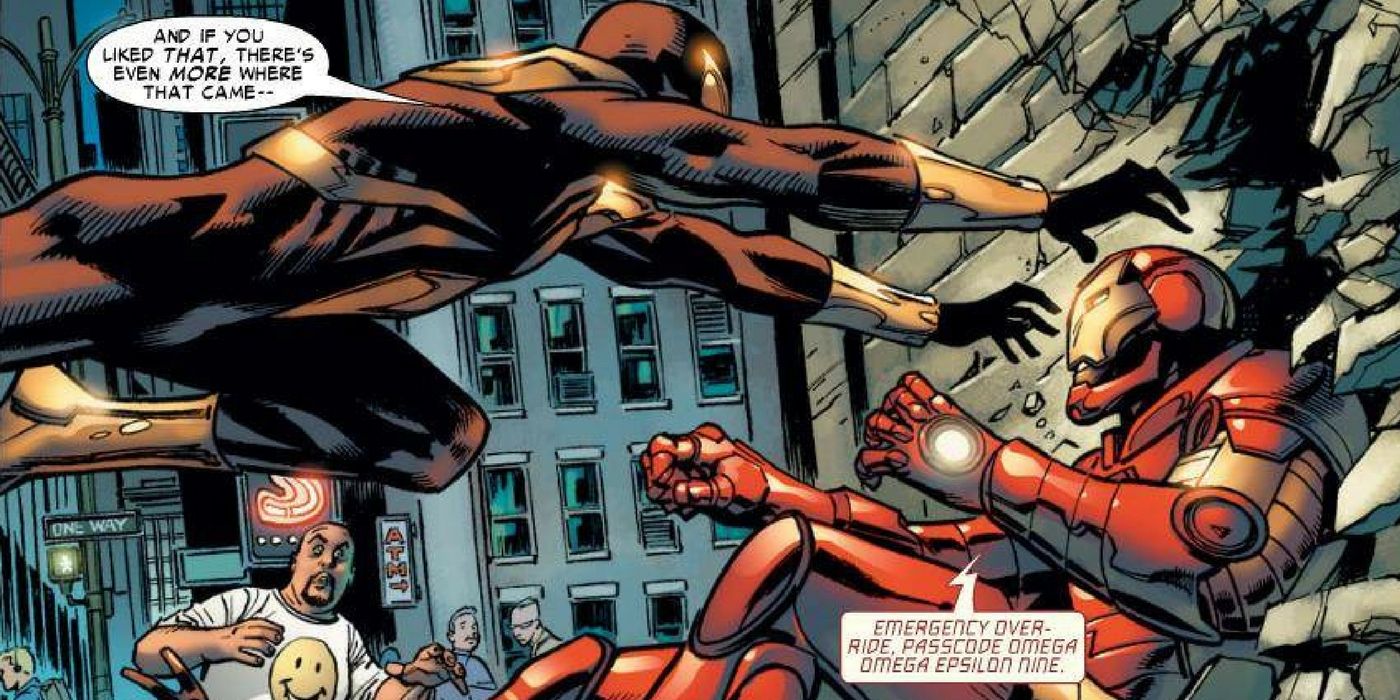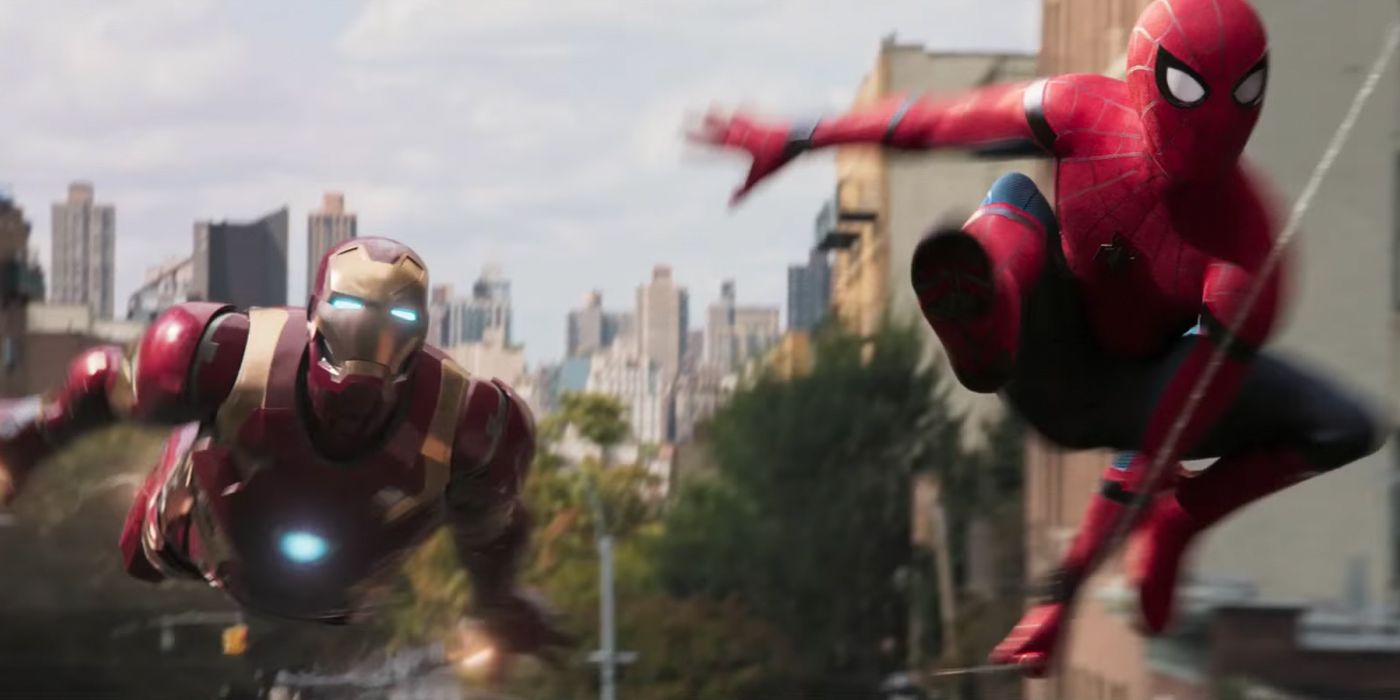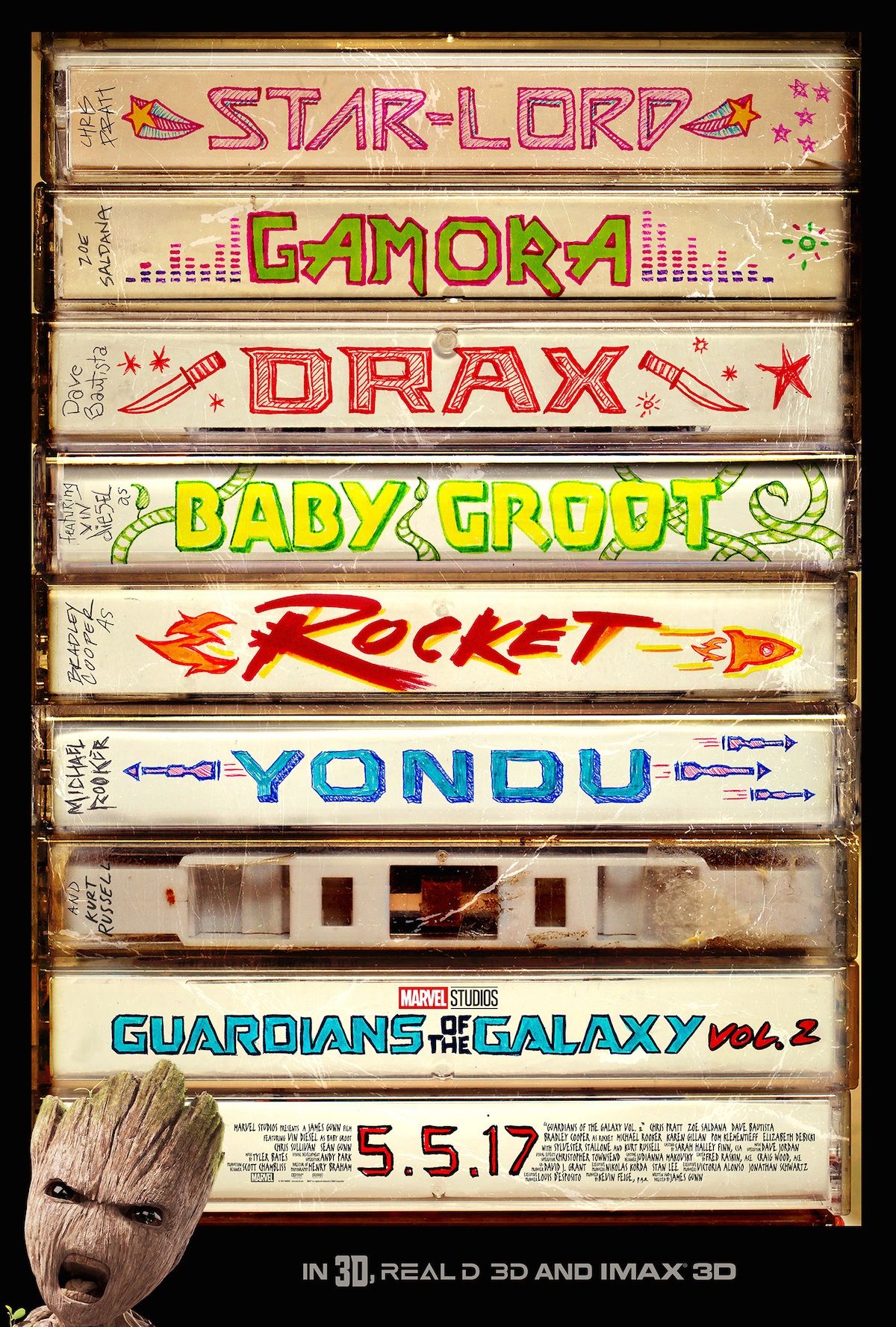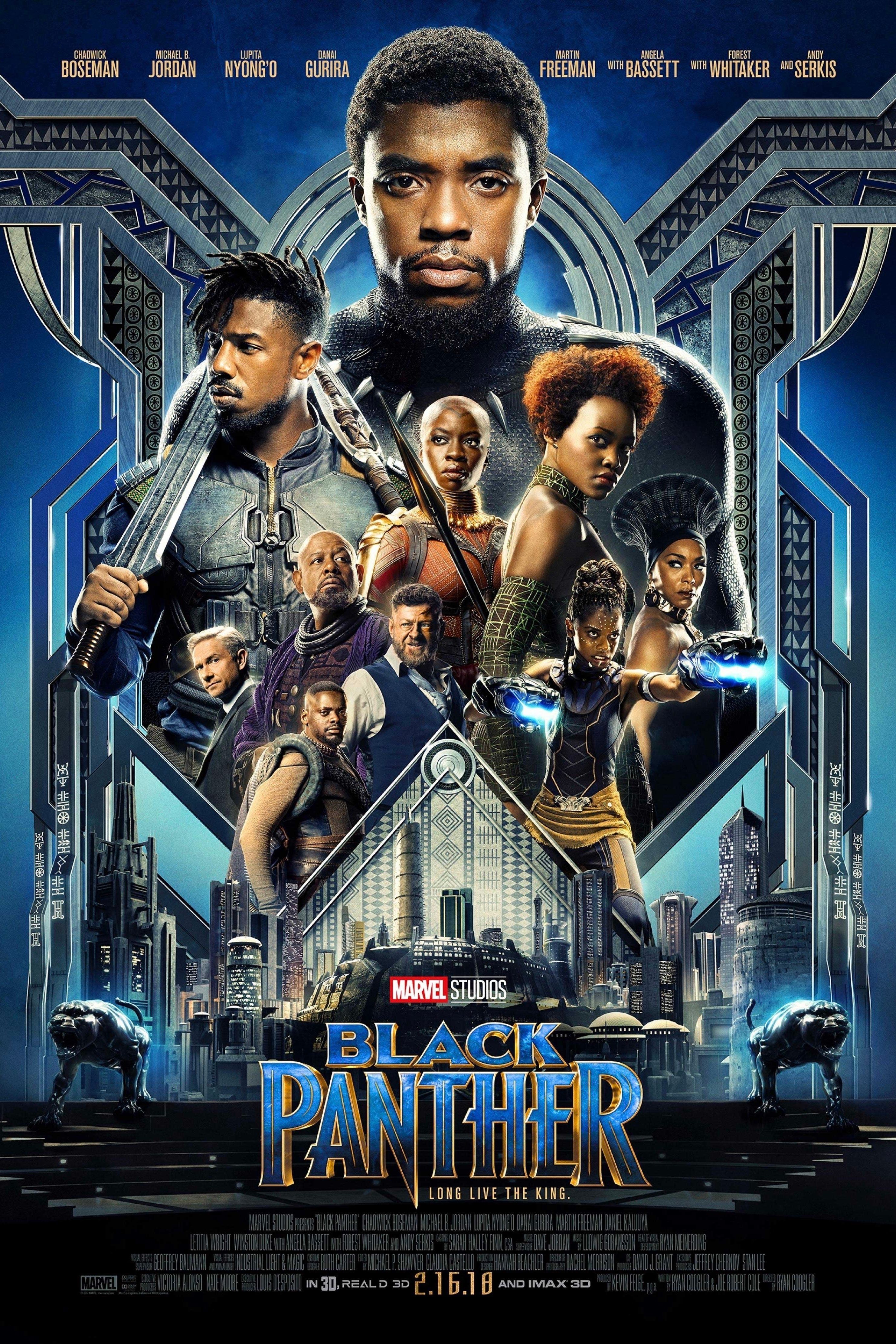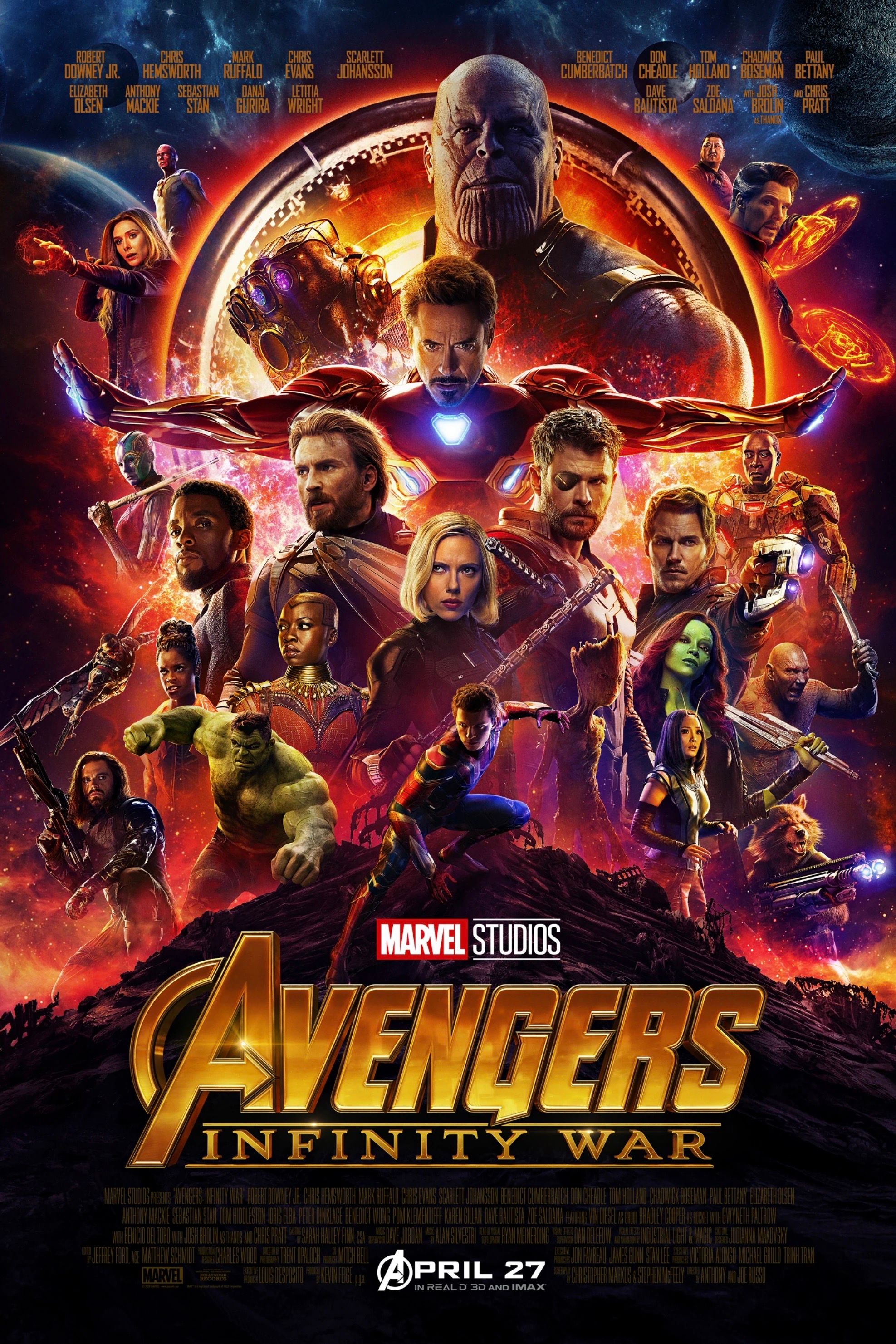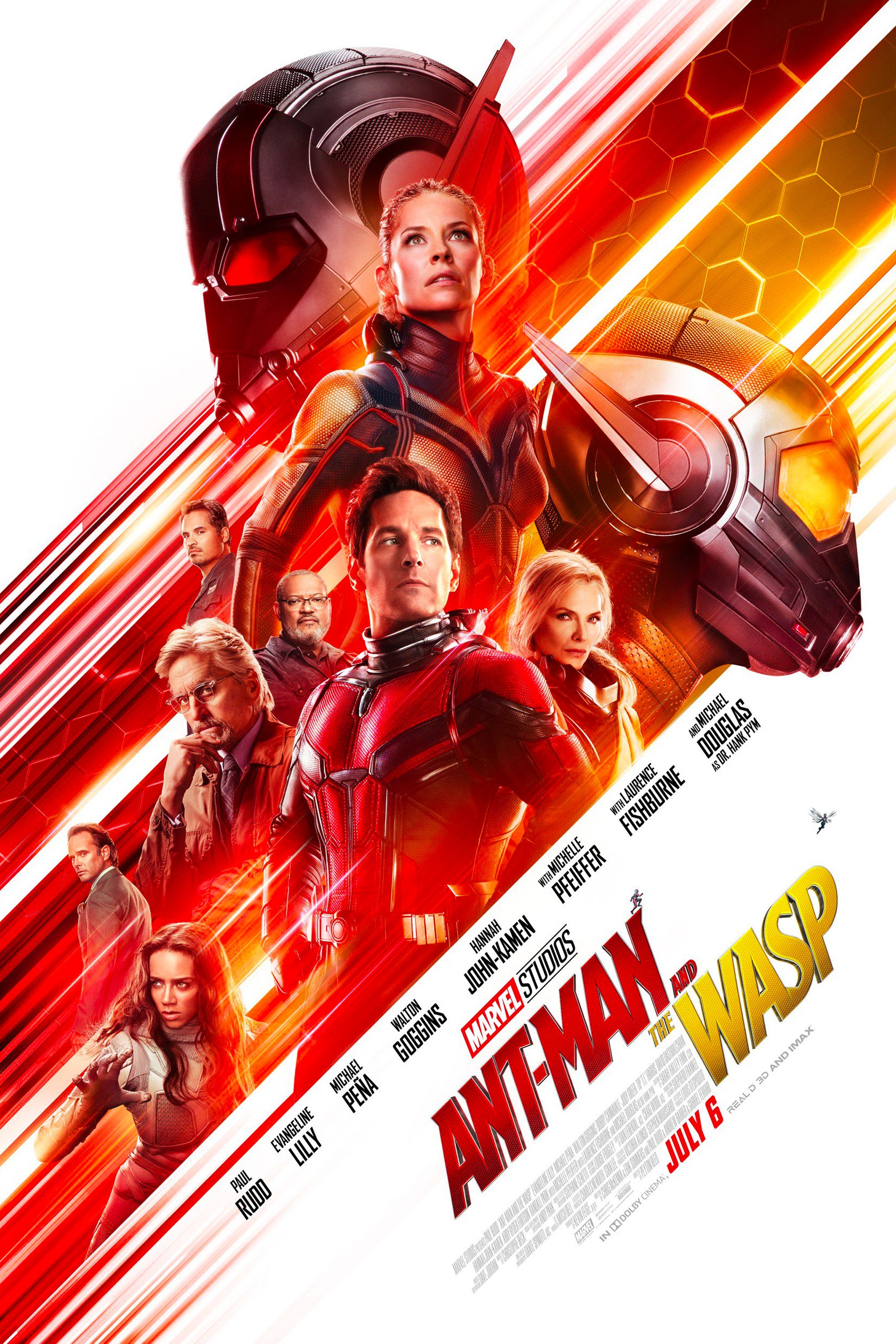There is a very good reason that Peter Parker, a.k.a. The Amazing Spider-Man is the most popular (and profitable) superhero of all time. While his visually unique costume and inherently fun power set help, Peter's lasting appeal comes from his role as a definitive, down-on-his-luck everyman. Despite a higher-than-average intelligence, Peter's struggles speak to the Average Joe. He may fight supervillains for the fate of New York City (and occasionally the world), but just as pressing on his mind are the health of his Aunt May, the abuse of his social status by the school bully, and the question of whether or not his erratic schedule will allow him to swing a steady relationship.
While Spidey has never really had a "lone wolf" attitude, happenstance has often kept him at an arm's length from the legitimization and support of being on the roster of a superhero team. Without wealth or connections, Peter has embodied the American Dream by pulling himself up by his bootstraps and becoming the ultimate Do-It-Yourself superhero.
Spider-Man (whose film rights still belong to Sony) recently made history by crossing paths with the lineup of the Marvel Cinematic Universe in Captain America: Civil War. Tom Holland is Sony's third iteration of Peter Parker (following Tobey Maguire and Andrew Garfield), and the deal with Marvel Studios makes him the first to live in the same world as Iron Man, Captain America, and the Hulk. There are a number of reasons that this is exciting, but at least one aspect has some fans concerned.
From the first time we properly see him in his superhero costume, Spider-Man's polished look is only made possible by the wealthy Tony Stark (a.k.a Iron Man). Coupled with a trailer that depicts Tony as Peter's mentor (and assumed gateway into The Avengers), the MCU's Spider-Man is looking less like the struggling but self-sufficient everyman that people love. This poses a solid question: Does Tony Stark's mentorship dilute Spider-Man’s DIY hero status?
Spidey's Look and Gadgets
Whether or not you think it's a believable accomplishment for a high schooler, the origin of Peter's web shooters as a self-made gadget was always meant to be an example of his scientific know-how and ingenuity. In the 2002 Spider-Man film, Sony swapped this to an organic function of his powers. In the 2012 reboot, The Amazing Spider-Man, Peter finally got to build his own shooters, but the fluid came from real spider webs, harvested by Oscorp. The new iteration from Civil War starts arguably the closest to the comics, as Peter's web shooters and superhero costume are entirely self-made (and, consequently, they're not all that polished).
There are two solid reasons for Marvel to take this approach: 1) It's more realistic that a high schooler from Queens wouldn't have the skill or budget to design a movie quality superhero costume, and 2) Tony Stark's resources made it more believable that he could have tracked down Peter for an entrance to the Civil War story. It's uncertain whether Peter fought any real villains during his short career before meeting Tony, but he's certainly not as well known among the populace as The Avengers. In a very real way, Tony is responsible for making Spider-Man's image worthy of the limelight he injects him into.
Perhaps the most important thing to remember is that, despite all this, Stark didn't create Spider-Man any more than his funding created his fellow Avengers. He may have the money to design them nice things, but this doesn't change who they are. Captain America, for instance, is the product of Steve Rogers' heroic heart, Dr. Erskine-designed muscles, and a Howard Stark-fabricated vibranium shield. Cap's full identity might not have been formed without all three men, but it'd be harder to argue that Captain America is Tony's sidekick because he built him that neat little bracer in Age of Ultron that magnetically attracts his shield.
Peter may be able to pull off some killer stunts with his web wings, and find use in whatever doodads are built into his new, post-credits web shooters, but he was already swinging through the city and fighting crime before Tony Stark came along, and will continue with or without his help.
Tony Is Going To Be a Terrible Mentor
The two-page spread above is from Ultimate Spider-Man #151. The short arc was called "Super Hero School," and is likely one of the firmest inspirations for Spider-Man: Homecoming (not to mention the recent Disney cartoon of the same name). In the arc, Peter is still a teenager and has done a lot of good as a superhero, but still has the tendency to be at the wrong place at the wrong time. Always the authoritarians, S.H.I.E.L.D. mandates a training program to mold him into a public servant with fewer rough edges. In the end, teachers like Tony Stark teach him next to nothing, and the arc is immediately followed by "The Death of Spider-Man," in which the alternate universe Peter Parker pays the ultimate price after heroically intervening in the other heroes' own internal conflict.
When it comes right down to it, Tony Stark has just been winging it since the get-go. While it would be unfair to suggest that he has nothing to offer Peter as a friend and ally, Tony hasn't exactly written the book on smart superheroing choices. While his fight for the greater good has seen a transition from egotism to pragmatism, it has often ended with horrific results. His guidelines for Peter in the Homecoming trailer are telling: "Just don't do anything I would do... and definitely don't do anything I wouldn't do. There's a little gray area in there, and that's where you operate."
It's a far cry from the mentorship that the X-Men get from Professor Xavier, or that Robin gets from Batman. The movie clearly knows that Tony is a terrible mentor, and even if that doesn't wind up being a major plot point, it's at least already poking fun of that fact.
A History of Things Not Working Out
In the very first issue of Spider-Man's very first comic The Amazing Spider-Man, Peter tried to join the Fantastic Four and ends up being treated as an intruder to the Baxter Building. Superhero team-ups are often accompanied by superhero tussles. Those who think that Spidey isn't going to run into some problems with Tony may not have have been paying close attention to the trailer's chosen dialogue:
TONY: "Listen, I know school sucks. I know you wanna save the world, but you're not ready yet. Stick close to the ground. Stay out of trouble. Forget the flying monster guy. There are people who handle this sort of thing."
PETER: "I'm sick of him treating me like a kid all the time! This is my chance to prove myself."
If they're already having a major difference of opinion about Peter's role as a superhero in the teaser trailer, that's almost a guarantee that Peter's Avengers tryout isn't going to go as planned. Keep in mind that the story of Civil War, while a very loose interpretation of the original comic, isn't yet finished. Captain America and his allies are now looked at by the public as outlaw vigilantes and are fugitives from justice. In the comics, Peter originally sided with Team Iron Man, before realizing the ramification and oppression of the government regulation of superheroes.
While it's unlikely that this iteration will have Peter unmask to the public, it seems obvious that Tony will stand in the way of Peter being the hero he feels he needs to be. The next logical step? Peter is going to rebel. Similar to the Civil War comics, Tony may try to shut down Peter's suit in order to keep him in line. We've already heard that Ned will be helping him dig into the suit's systems on his own. Maybe Ned needs time to hack through Tony's overrides before Peter can use his polished suit, and this is why we see Peter fighting in his homemade suit in the trailer? Any way you slice it, it's altogether possible that when Peter arrives in Avengers: Infinity War, it will be as a vigilante on Team Cap. (In this case, an even crazier theory... what if Iron Man is the actual big bad of Spider-Man: Homecoming and Vulture is just the inciting incident that triggers their disagreement?)
The First Marvel Team-Up Movie Will Still Be Great
In 1972, a comic series launched called Marvel Team-Up. The series has had several phases and resurgences, but its primary function over 90% of the time was to team up Spider-Man with a second Marvel superhero and see what happened. While Spider-Man: Homecoming won't be the first film with Marvel heroes teaming up, it will be the first with this formula. The most important takeaway is that Spider-Man has always thrived in this format. Because Peter has such an open mind, he has always been an impressionable fanboy of other superheroes. But just because he sometimes wishes he were as firmly righteous as Steve Rogers or as pragmatic as Tony Stark doesn't mean he won't have second thoughts once he sees how those inflexibly-held qualities affect people in real time.
Spider-Man was originally conceived as the first teenage superhero that wasn't a sidekick. That's embedded deeply enough in his DNA that it's highly unlikely Marvel Studios (who has been overwhelmingly successful in nailing what makes their heroes tick) will suddenly drop the ball with their most beloved property. Peter may sometimes wish he could be as strongly convicted and together as the other heroes, but he'll always finally default back to who he is: the confused kid from Queens who's just trying to do the right thing. He may not always know how to be the perfect superhero, but he's humble enough to know he's got stuff to learn.
Peter is certain to learn some stuff from Tony in Homecoming. Some of it will be good, and some will be bad, but in the end, it's likely the relationship will only illustrate how different he is from the cocky billionaire. The Amazing Spider-Man may love to team-up, but he is nobody's sidekick.

